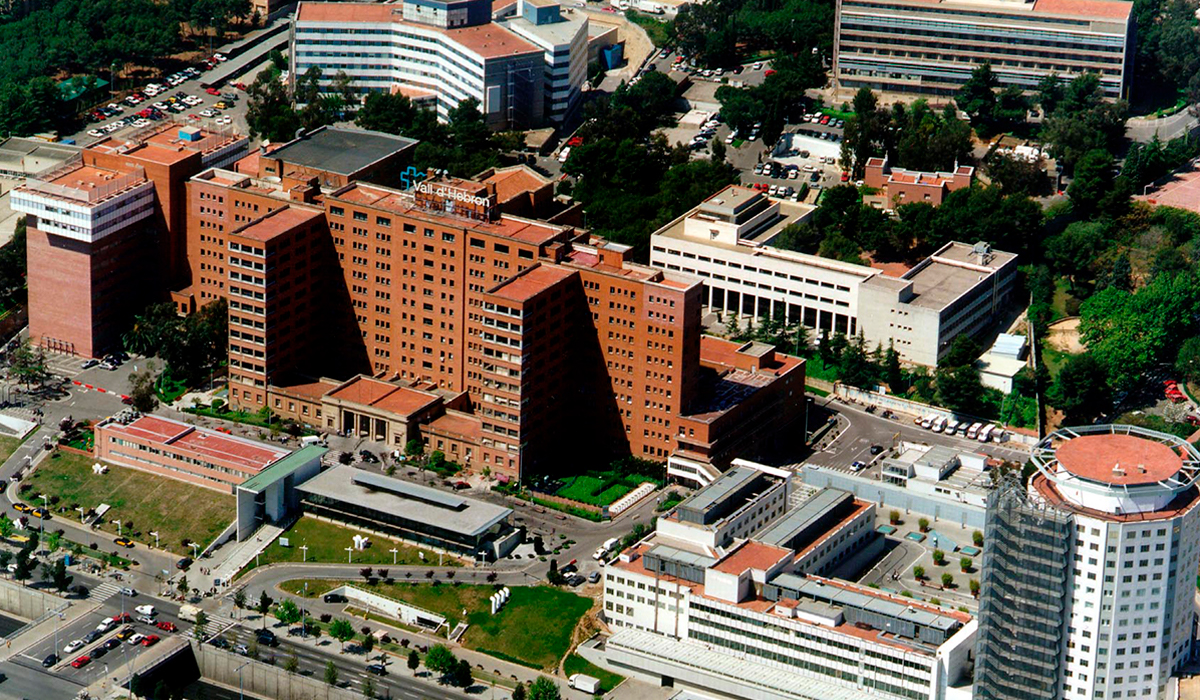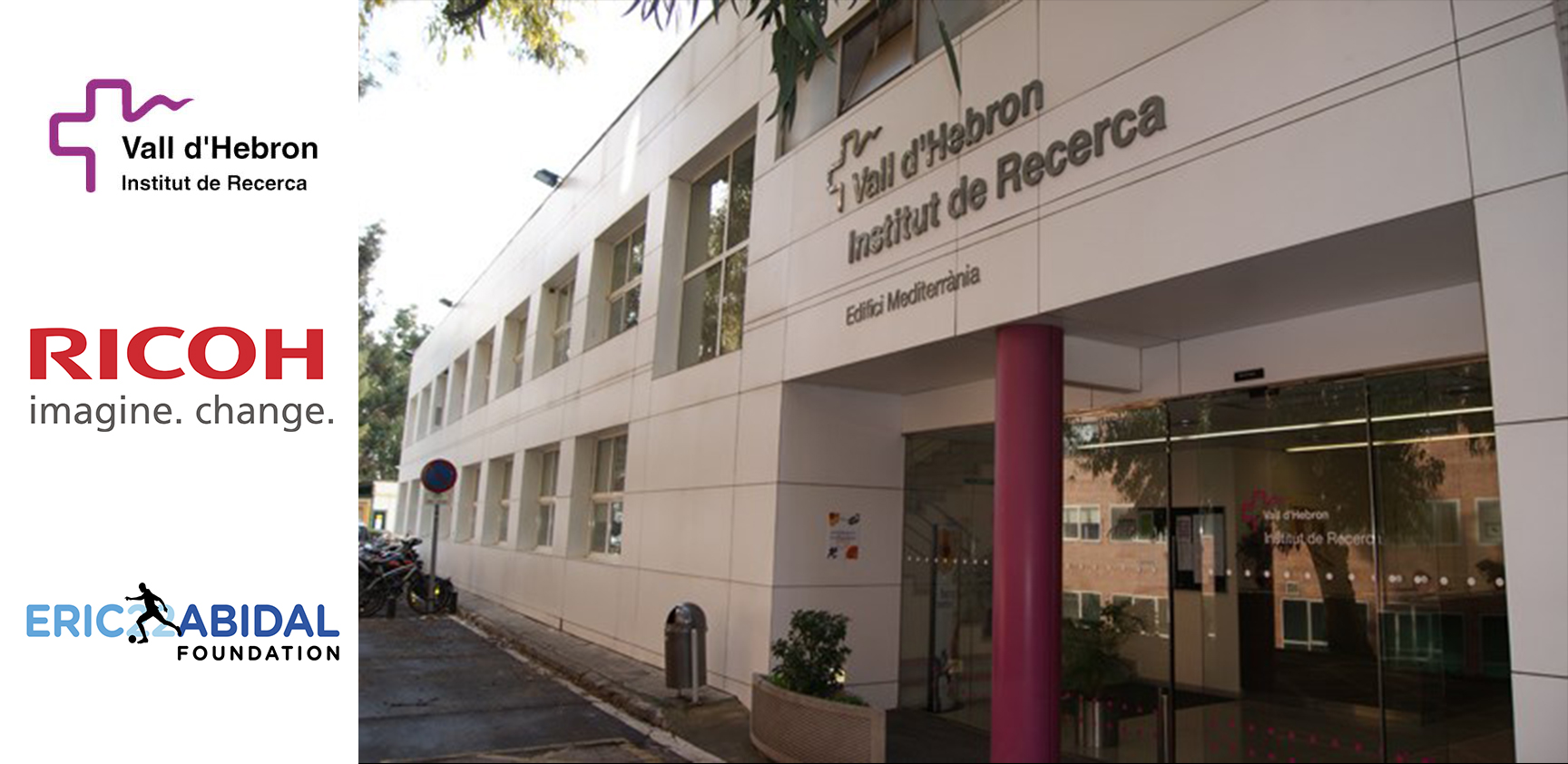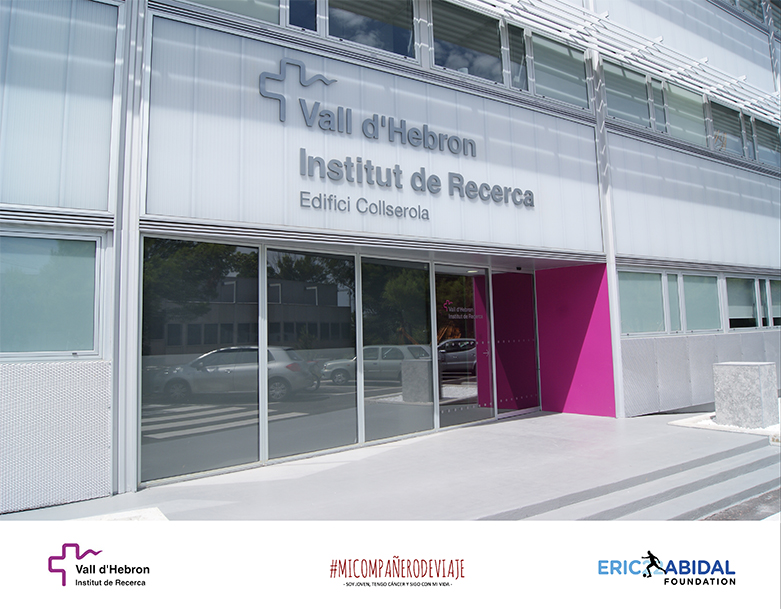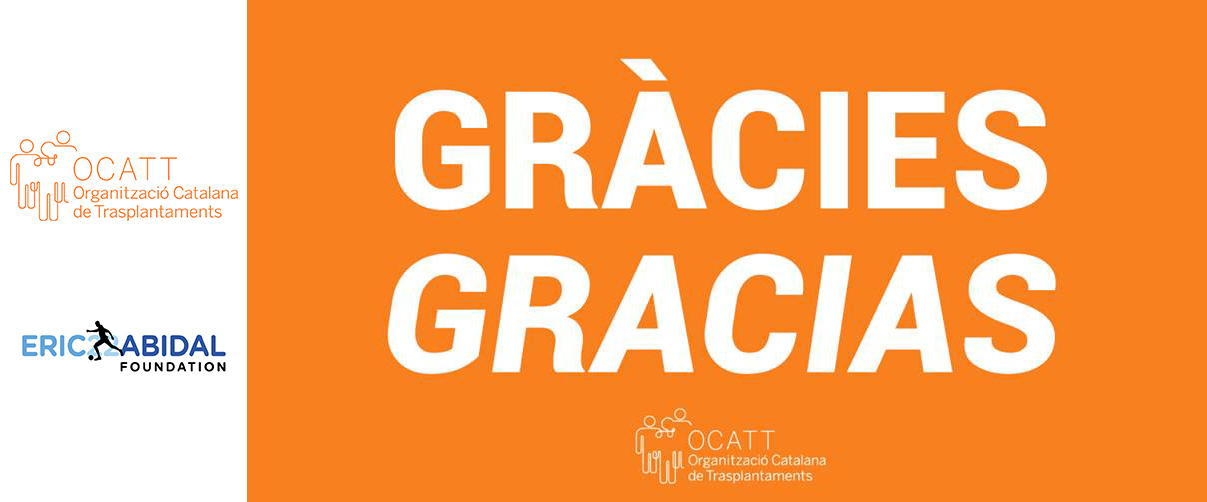The need for further progress in treatment
The creation of this research scholarship is a step towards more doctors are trained in a very specialized field and organ. Despite the excellent results of the programs of transplants, liver transplantation is not excluding complications. For this reason, the main lines of research at the Vall d’Hebron Hospital focus on improving the quality of life of transplant patients and transplant of liver cells to prevent liver transplantation.
Currently, the Vall d’Hebron Hospital is developing two active research programs focused on improving the accessibility of pediatric transplant patients.
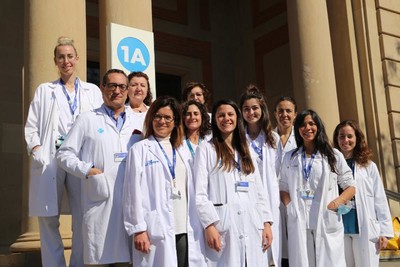
On the one hand, the Vall d’Hebron Hospital is working closely with the Hospital of Saint Luc in Brussels for transplant hepatocytes precursors disorders of the urea cycle.
Disorders of urea cycle is a metabolic disease where we have a deficiency of one of the five enzymes that help metabolize proteins to form urea (which can be removed in the urine). When these proteins are not metabolized properly they generate substances that are toxic to the organism. Since hepatocytes operate correctly except in this function, the goal is to transfuse liver cells (hepatocytes) that nest in the liver and are able to fill this role without having to completely transplant the organ.
The second study conducted at the Vall d’Hebron Hospital is a project of bioengineering. It tries to take out all cells of a liver (“decellularize” the liver) leaving only a skeleton of collagen. Subsequently, healthy liver cells are infused for forming a new liver that could be transplanted. In the future, these cells could even be genetically modified before putting them at the collagen skeleton, to avoid the need for immunosuppression.
Vall d’Hebron Hospital: transplants and figures
Vall d’Hebron Hospital is a pioneer center in pediatric hepatology at European level. In 1985, the first liver transplant of the State was performed in this hospital. This transplant was performed in a pediatric patient affected by biliary atresia. Since then, they have performed more than 300 liver transplants in children, having the best graft and patient survival of Spain and comparable to the best European and Anglo-Saxon centers (more than 95% after 5 years of transplantation).
One of the main challenges today is to respond to increased demand for transplant. Although Spain is the country with a higher ratio of donors per million of population in the world (36 donors per million inhabitants), it is still insufficient for the volume of terminal liver patients. This means that they have to find new ways to obtain organs, such as living donor transplantation or transplantation “split” (two patients transplanted using one liver).
Vall d’Hebron Hospital was the first in Spain in 1991 to make a transplant “split” and has an active program of living donor transplantation (approximately 40% of patients are transplanted in this way).
The Spanish national transplant system is a model of success internationally recognized based on coordination and cooperation in carrying out organ transplants between different regions. By 2014, 21% of the organs transplanted in Spain were given by a person resident in another region different from the one that receive the organ. Catalonia takes more than a fifth of their transplants with organs from other communities.
Approximately one third of pediatric liver transplant patients at the Hospital are residents in other regions.
The Hospital turns 60
Thus, the Eric Abidal Foundation joins the commemoration of the 60th anniversary of the Vall d’Hebron University Hospital by creating this scholarship to fund a pediatrician for a period of one year from January to December 2016. The scholarship will be under the medical supervision of Dr. Carlos Rodrigo Gonzalo de Liria, Head of Pediatric Department at Vall d’Hebron Hospital.

